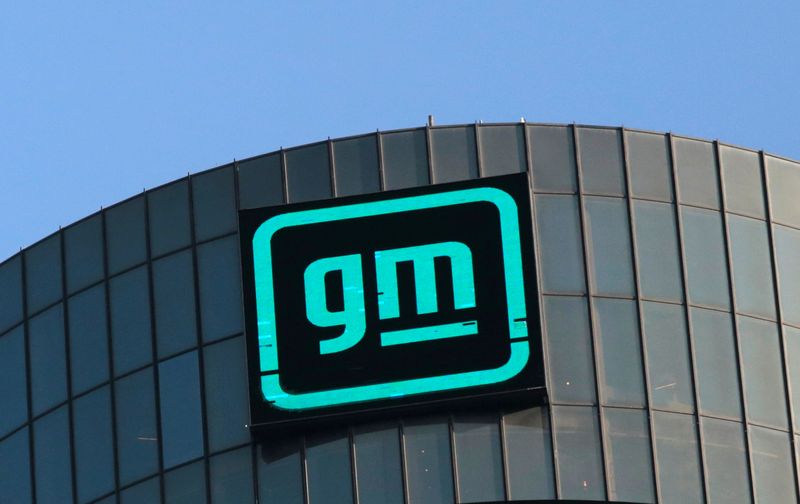By David Shepardson
WASHINGTON (Reuters) -The International Brotherhood of Teamsters union on Wednesday asked U.S. auto safety regulators to deny a petition by General Motors (NYSE:GM) to exempt its autonomous vehicle unit Cruise Origin from vehicle safety standards.
In July, acting National Highway Traffic Safety Administration (NHTSA) chief Ann Carlson said it would decide "in the coming weeks" on the Cruise petition seeking permission to deploy up to 2,500 self-driving vehicles annually without human controls like steering wheels.
The Cruise petition, filed in February 2022, seeks government approval to deploy vehicles annually without steering wheels, mirrors, turn signals or windshield wipers.
"It is dangerous for other motorists, for pedestrians, and for middle-class jobs for Cruise to make a request like this from NHTSA," said Sean O'Brien, president of the 1.2-million member union citing a series of "deeply concerning" recent incidents in San Francisco.
"To allow this company to expand its fleet to put even more 'advanced' driverless cars on the road would be catastrophic for everyone."
Cruise said on Wednesday the overwhelming majority of public comments filed on its petition were positive and said it will "continue working closely with NHTSA to ensure the safe and responsible deployment of this technology."
Cruise wants to deploy its Origin vehicle, which has subway-like doors and no steering wheels.
The California Department of Motor Vehicles (DMV) in August said it was investigating "recent concerning incidents" involving Cruise vehicles in San Francisco and asked the company to take half its robotaxis off the roads, a request Cruise agreed to. Current on-road self-driving Cruise vehicles have human controls.
In an Aug. 24 Reuters interview, Carlson did not offer a new timetable for a decision but said the petition is focused on technologies "that are really designed for humans and the question is do we provide exemptions when the robot actually isn't relying on the mirrors, etc." NHTSA did not immediately comment on Wednesday.
In 2018, GM petitioned NHTSA to allow the use of a car built on a Chevrolet Bolt without steering wheels or brake pedals on U.S. roads. In 2020, GM withdrew the petition after the agency took no action.
The petition is crucial for GM because Congress has been debating for years whether to pass legislation on self-driving cars.
In December, NHTSA opened a formal safety probe into the autonomous driving system in vehicles produced by Cruise after reports of two injuries in rear-end crashes. NHTSA said Cruise vehicles "may engage in inappropriately hard braking or become immobilized."
